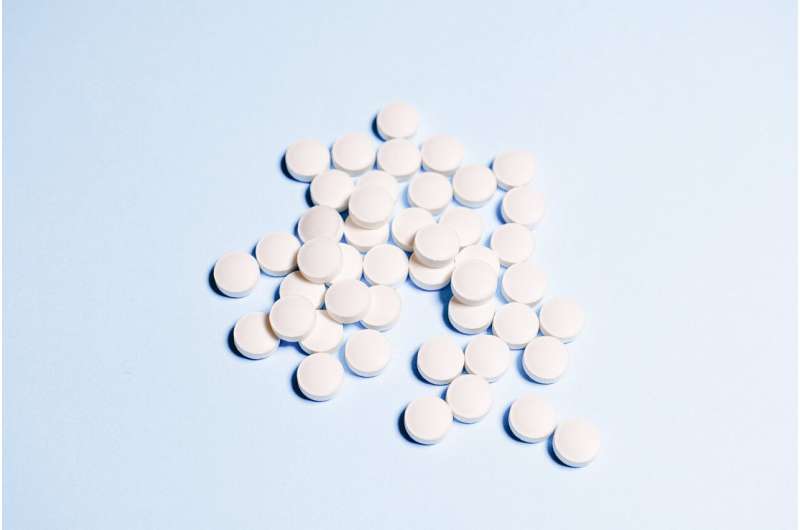Replacing Diet Sodas with Water Can Aid in Managing Diabetes and Promoting Weight Loss, Study Finds

New research shows that replacing diet sodas with water can aid in controlling type 2 diabetes and facilitate weight loss, offering a simple strategy for better health outcomes.
Recent research indicates that swapping diet sodas for plain water can significantly benefit individuals looking to control their diabetes and shed extra weight. A small-scale study presented at the American Diabetes Association (ADA) meeting revealed that women with type 2 diabetes and overweight who replaced their regular intake of diet beverages with water experienced notable health improvements. Over a six-month weight-loss period followed by a year of weight maintenance, women who drank water lost approximately 15 pounds, whereas those consuming diet sodas lost around 10 pounds. Remarkably, 90% of the women in the water group achieved remission of their diabetes, compared to 45% in the diet soda group. Additionally, their blood sugar levels, insulin resistance, triglycerides, and body-mass index showed considerable improvement.
The study challenges the widespread misconception that diet drinks are harmless for weight management and blood sugar control. Previous research, including a July 2023 study published in Diabetes Care, suggests that artificial sweeteners found in diet sodas may interfere with blood sugar regulation, alter gut bacteria, and increase hunger, potentially contributing to diabetes risk.
Although diet sodas are calorie-free, their health effects remain controversial. The recent findings highlight the importance of promoting water as a primary beverage choice for individuals managing diabetes and weight. Dr. Hamid Farshchi, the lead researcher, emphasizes that simple changes like choosing water over diet sodas could lead to substantial long-term health benefits.
Stay Updated with Mia's Feed
Get the latest health & wellness insights delivered straight to your inbox.
Related Articles
Benefits of Early Aspirin Discontinuation in Low-Risk Heart Attack Patients
Research shows that early discontinuation of aspirin after MI in low-risk patients can reduce bleeding risk without increasing adverse events, thanks to advancements in revascularization techniques.
Lifelong Development of Motor Skills: Using Percentile Reference Curves in Practice
Understanding motor skill development and decline across the lifespan is vital. This study introduces percentile reference curves for neuromotor functions, aiding early detection and intervention in motor performance issues from childhood to old age.
Financial Challenges for Cancer Survivors Facing High-Cost Immunotherapies, Especially Blood Cancer Patients
New research uncovers the financial hardships faced by cancer survivors, especially those with blood cancers, due to the rising costs of immunotherapy treatments. The study highlights the need for better support systems to ensure treatment accessibility.



